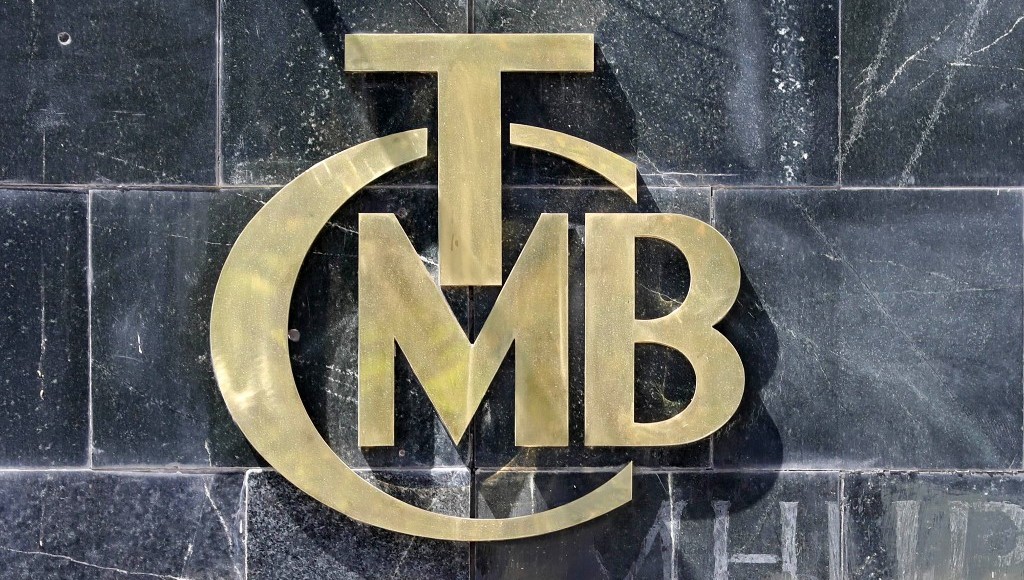Turkey’s central bank hiked its main interest rate for the second month in a row on Thursday but analysts said the unwinding of President Recep Tayyip Erdoğan’s unconventional policy was too timid to tame inflation, Agence France-Presse reported.
After years of cuts that aimed to boost growth but fueled inflation and caused the lira to tumble, the bank doubled its rate last month from 8.5 percent to 15 percent.
The latest hike was smaller, at 2.5 percentage points, taking the rate to 17.5 percent.
The central bank said in a statement that it “decided to continue the monetary tightening process in order to establish the disinflation course as soon as possible, to anchor inflation expectations, and to control the deterioration in pricing behavior.”
The rate increases have been undertaken since Erdoğan named investor-friendly faces to head the central bank and the finance ministry following his re-election in tight May polls.
The bank said after the first rate hike in June that the move was only the start of a process aimed at bringing Turkey’s annual inflation rate of nearly 40 percent to single figures “as soon as possible.”
The inflation rate reached 85 percent late last year and the central bank burned through most of its reserves trying to prop up the lira — down 90 percent against the dollar over 10 years — from even bigger falls.
But the two hikes have disappointed analysts. who had forecast a five-point hike for Thursday.
“Turkey’s central bank today once again underwhelmed expectations and the slow and steady tightening is pushing the limits on what policymakers can get away with,” said Liam Peach, senior emerging markets economist at Capital Economics.
“There are now clearer risks that the policy shift falls short and that the lira comes under much larger downward pressure,” he added.
The lira fell 0.5 percent on Thursday to nearly 27 liras to the dollar.
‘Terrible decision
The central bank is now headed by Hafize Gaye Erkan, the first woman to hold the job.
Her resume includes diplomas from Princeton and Harvard, a top job at Wall Street titan Goldman Sachs and the role of co-CEO of California-based First Republic Bank.
Erdoğan also named former Merrill Lynch economist Mehmet Şimşek as finance minister.
Both have promoted conventional policies that include interest rate hikes to combat inflation — the opposite of the approach long backed by Erdoğan, who has a history of dumping ministers.
BlueBay Asset Management economist Timothy Ash called Thursday’s move by the central bank a “terrible decision” that was “again under-delivering”.
He said a 17.5 percent interest rate is not enough to bring down inflation of around 40 percent.
“It will again play to the script of those saying that Simsek and Erkan don’t really have a mandate to deliver real policy tightening,” said Ash.
The rate hike comes one day after Erdoğan ended a Gulf trip aimed at securing investments to boost Turkey’s flagging economy by signing agreements worth more than $50 billion in the United Arab Emirates, according to Emirati state media.
During his tour, which also included stops in Qatar and Saudi Arabia, Erdoğan presided over the signing of lucrative deals to boost the ailing Turkish economy.
Ankara has recently repaired relations with Gulf states including the UAE and Saudi Arabia after years of rivalry following the 2011 Arab Spring uprisings.
Turkish support for organizations linked to the Muslim Brotherhood initially spurred a rupture with Gulf states, which view the movement as a terrorist group.
Hamish Kinnear, senior Middle East and North Africa analyst at risk intelligence company Verisk Maplecroft, said Gulf nations want to improve relations with their powerful regional neighbor but are also looking for investment opportunities to diversify away from oil and gas.
He said the Gulf nations that Ankara will pursue its post-election reset of economic policy and “it is therefore an open question as to how fast these promised Gulf investments will arrive while inflation remains high in Turkey.”



